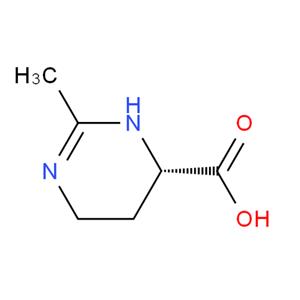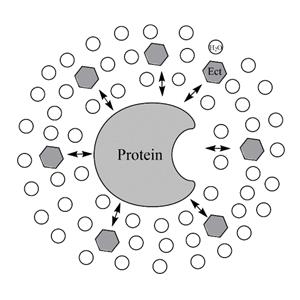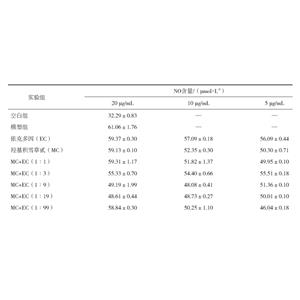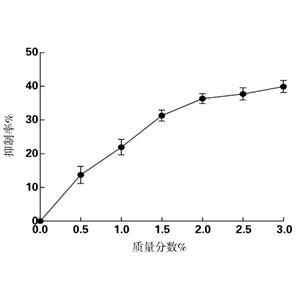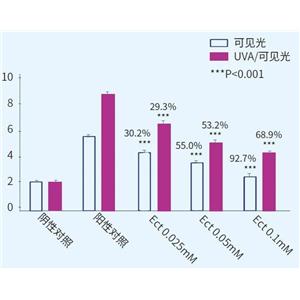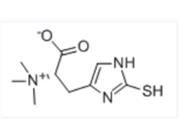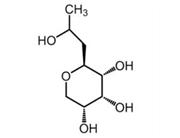ectoine
Product name:(S)-2-METHYL-1,4,5,6-TETRAHYDROPYRIMIDINE-4-CARBOXYLIC ACID
CAS No.: 96702-03-3
INCI: Ectoin
Appearance: White powder
Molecular Formula: C6H10N2O2
Molecular Weight: 142.156
Standard:99%
Unit:kgs
Pack:25kgs/drum
Melting Point:~280°C
Density:1.4±0.1 g/cm3
Solubility :Soluble in water
Introduction
Ectoin (also known as tetrahydromethyl pyrimidine carboxylic acid, EC) is an amino acid derivative derived from microbial extracts under high temperature, high salt, and high UV environments. It can not only balance cell osmotic pressure, but also provide good protection for enzymes, DNA, proteins, nucleic acids, cell membranes, and the entire cell under adverse conditions such as high temperature, severe cold, drought, extreme pH, high pressure, high salt, and high radiation.
Ectoin was first isolated by Galinski in 1985 from an extreme halophilic sulfur loving red snail in a salt lake in the Wadi Natran Desert of Egypt. Halophilic bacteria are osmotic pressure compensating solutes that have the functions of salt excretion and regulating the concentration of intracellular osmotic pressure compensating solutes, which can restore normal water content in cells.
Function
Ectoin is a cyclic amino acid derivative with multiple functions, including regulating cell osmotic pressure, protecting proteins and cell membranes from extreme environmental damage such as ultraviolet radiation, high temperature, and high salt. In skin care, Ectoin can enhance the skin's moisturizing ability, reduce UV damage to the skin, and improve the skin's stress response. In addition, Ectoin also has antioxidant, anti-inflammatory, and skin whitening effects.
1、 Moisturizing and locking in water
Ectoin is not easy to interact with biomolecules and is "preferentially excluded" from biomolecules, forming a hydration layer between Ectoin and biomolecules. In addition, due to its strong water locking function, Ectoin will further form a thicker hydration layer around the biomacromolecule substances.

Ectoin "priority exclusion" effect
Ectoin is an important substance that ensures that highly halophilic bacteria do not dehydrate and die in high salt environments, and can also maintain osmotic pressure balance. Its unique molecular structure gives it strong water molecule complexation ability. One molecule of Ectoin can chelate four or five water molecules, which can structure the free water inside cells.
2、 Soothing and anti-inflammatory
Someone studied the inhibition of NO production by RAW264.7 cells (mouse monocyte macrophage strain) induced by LPS (lipopolysaccharide) at dosing concentrations of 20, 10, and 5 μ g/mL by using Ectoin (EC), Hydroxycentella asiatica glycoside (MC), and a combination of Ectoin and Hydroxycentella asiatica glycoside.
The effects of various components on NO production in LPS induced RAW264.7 cells

Result: Compared with the blank group, the model group showed a significant increase in NO content expression in RAW264.7 cells after LPS stimulation. Compared with the model group, at the set mass concentration, the expression of NO content in the cells of the Ectoin and Hydroxycentella asiatica glycoside groups was significantly reduced, indicating that Ectoin and Hydroxycentella asiatica glycoside have a significant inhibitory effect on LPS induced NO production in RAW264.7 cells and have certain anti-inflammatory activity.
3、 Inhibit tyrosinase activity
Researchers from Qinghai University studied the inhibition rate of tyrosinase by different mass fractions of Ectoin and its combination with whitening agents, and explored the types of inhibitory effects of Ectoin on tyrosinase using enzymatic kinetics.

Inhibition rate of Ectoin on tyrosinase
Result: The activity inhibition rate of tyrosinase increased with the concentration of lidocaine, and the average inhibition rate was 36.33% when the concentration of lidocaine was 2.0%. When the concentration of Ectoin is greater than 2.0%, the increasing trend of inhibition rate is gentle, and the calculated half inhibitory concentration (IC50) is 4.58 g/L. This indicates that Ectoin can inhibit tyrosinase activity, reduce melanin biosynthesis, and has potential whitening effects.
4、 Light protection effect
Experiments have shown that Ectoin can significantly reduce the light damage of DNA in cells caused by ultraviolet and visible light. 0.1 mM Ectoin has a visible light protection rate of 92.7% for DNA and a UVA/visible light protection rate of 68.9%.


 China
China
